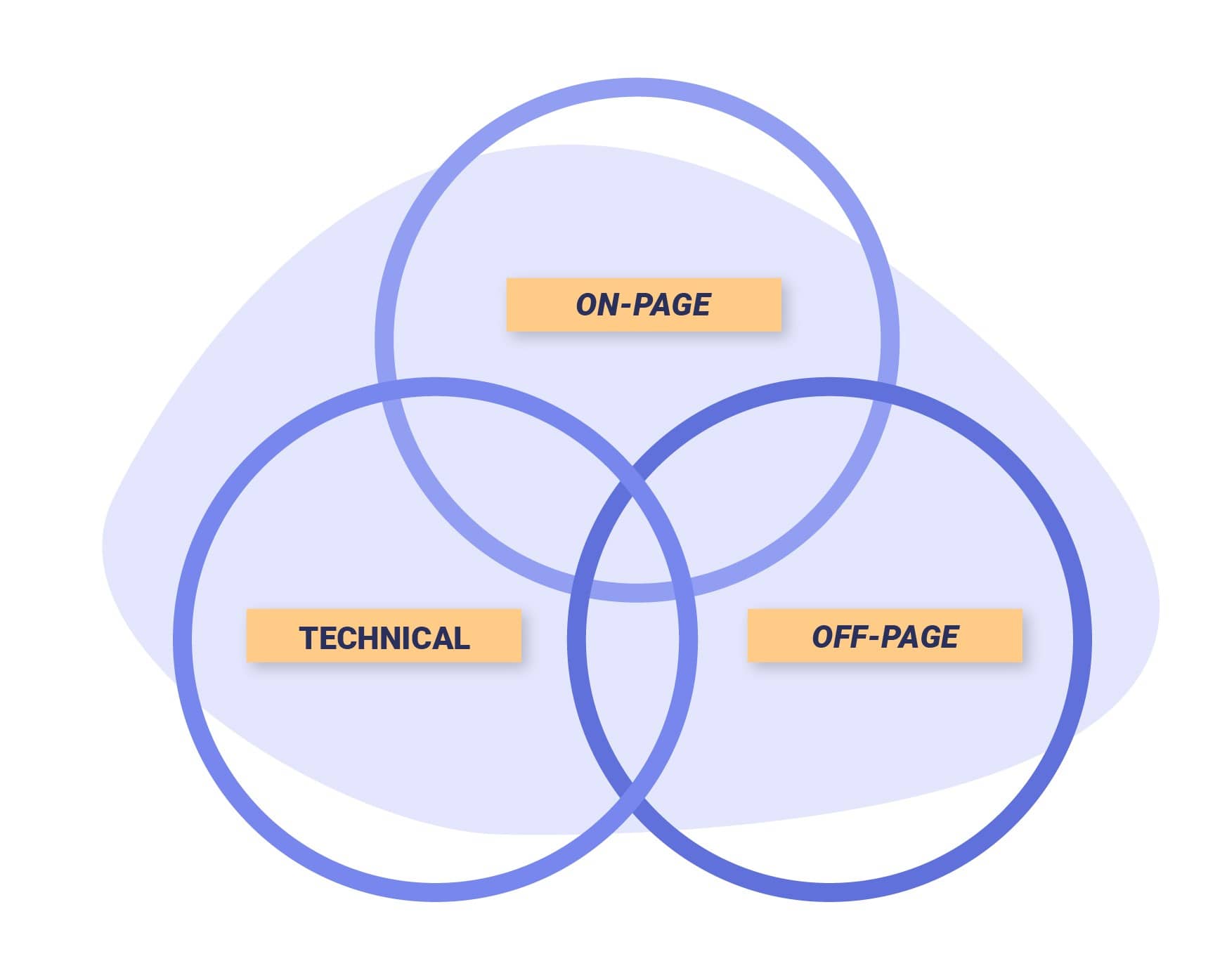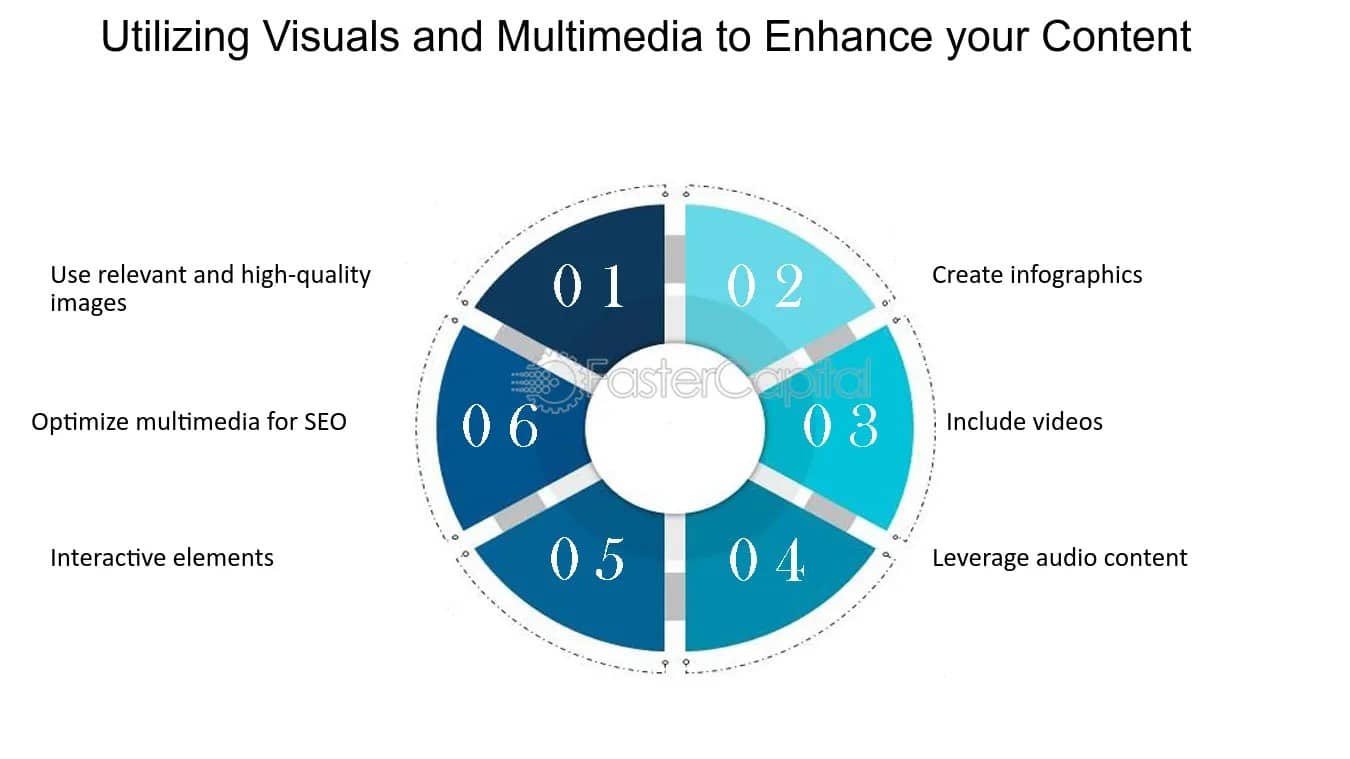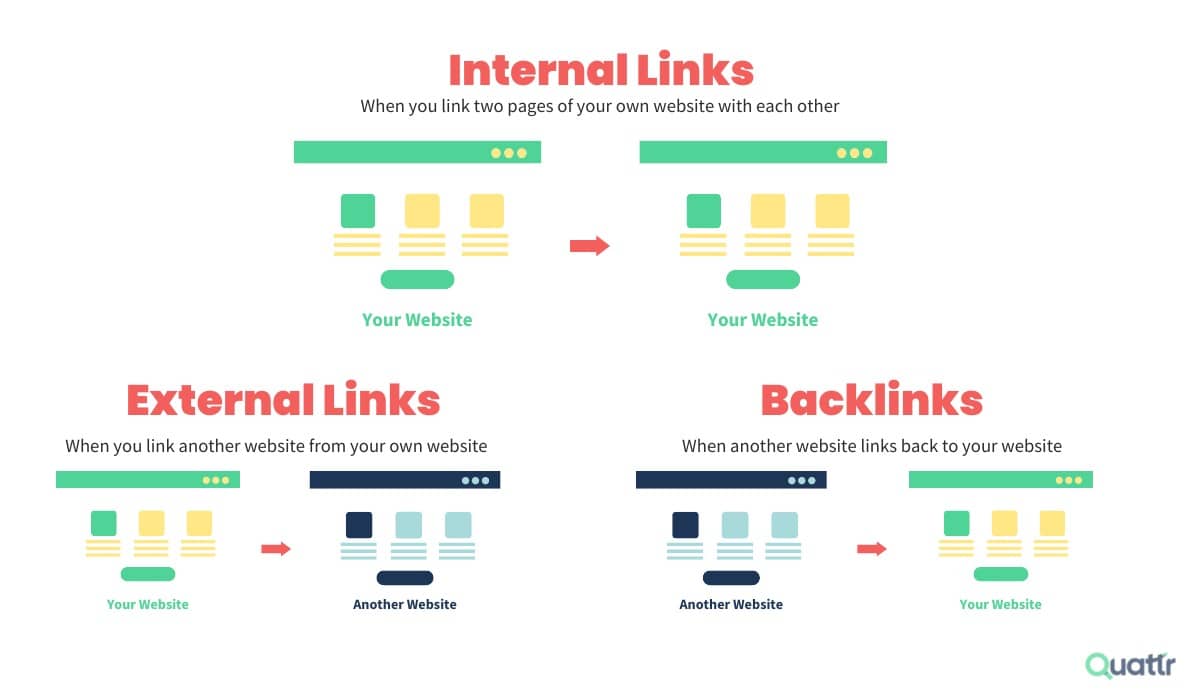Last Updated on September 16, 2024 by Admin
Organic SEO is the ultimate source of website traffic. This technique enables you to attract targeted visitors to your website constantly. Furthermore, the cost will be negligible after the one-time investment you make in your plan.
Doing it right is not hard; ensure you have a good idea of organic SEO and its strategies.
This is what the article will focus on. Let’s begin!
What Is Organic SEO?
Organic SEO, or natural SEO, is the strategy of bringing your website’s content to the top of the SERPs using relevant keywords and phrases. In contrast to paid search ads, organic SEO is centered around achieving rankings via tactical optimization of web pages rather than allocating budget to ad placements. The aim is to make your website appear in search results when potential buyers are looking for your products, services, or content.
Importance of Organic SEO
An organic SEO investment is crucial to any business aiming to achieve a strong web presence and longevity. Here are three key reasons why organic SEO should be a top priority:
- It Generates Highly Targeted Traffic: It targets users currently in the market seeking keywords related to your business. You get users who genuinely need your products or services by being at the top of a SERPs for your keywords. This implies that an organic audience is much more prone to convert leads and customers or become followers than the rest of the traffic sources.
- It’s Low Cost: Organic SEO is a staggeringly cheaper strategy for driving website traffic than paid advertising. Surely, it is a prerequisite time and effort investment. Nevertheless, the latter benefits result in maximum long-term gain. You can predict a continuous flow of free traffic with high-ranking positions on organic keyword search results without depending on the need for any advertising costs.
- It’s Consistent: Unlike paid campaigns that bring traffic to your website as long as you stay on with them, organic SEO gives you continuous results. Whenever you work on creating a solid foundation for your website through on-site optimization, great content, and authoritative backlinks, your rankings remain high, as a rule. This implies that your organic traffic will keep increasing daily, making it a sustainable source of potential clients and income.
How Does Organic SEO Work?
With organic SEO, we use various techniques and best practices to increase your rankings in search results by Google. Main components of organic SEO:

- On-page SEO: The crux is creating a website with high-quality pages where customers may be looking for targeted keywords. Furthermore, the content optimization process encompasses improving title tags, headings, and meta descriptions by including keywords that still need to be noticed.
- Off-page SEO: The next step involves off-page SEO, which refers to activities outside your website. As I will explain, backlinks are the foundation of all off-page SEO, mainly incoming links from other pages to yours.
- Technical SEO guarantees your site works flawlessly and is designed so search engines can crawl (that is, discover and understand what it’s all about) and index (that is, store the information in their database to show in search results).
5 Steps To Get Started With Organic SEO
Now, you already know the basics of organic SEO. So, let delve into the 5-steps you must know to get started.
1. Conduct Keyword Research
Keyword research is the key of any successful SEO strategy that relies on organic SEO. It is a matter of pinpointing the terms and phrases the searchers in the field of interest of your business use when looking for products, services, or information. You can do this by understanding your customers’ language and intent, allowing you to optimize your content by attracting relevant traffic and conversion. Also, understanding keyword mapping can help you align your content.

To conduct thorough keyword research, follow these best practices:
- Take advantage of SEO tools and find the high-volume and low-competition keywords.
- Analyze the keywords your competitors target to determine the gaps you need to fill and the areas you could grow.
- Think about using long-tail keywords, which are more precise and often have lower competition.
- Divide these keywords into groups based on their theme or intent type and use them as a basis for your content planning.
Let’s say you are operating an online store selling natural skincare products.
Perhaps your keyword research could reveal keywords like “best natural face moisturizer” or “vegan skincare routine.”
By targeting this keyword, you can maximize the possibility of attracting customers who are actively seeking the products you sell.
2. Create High-Quality, Keyword-Optimized Content
Once you have got your target keywords, it’s time to put your skills into practice and develop meaningful content that will demonstrate your expertise and be of value to your users. The keywords should be selected naturally and with the user experience in mind while satisfying the search intent.

To create SEO content that ranks well and resonates with your target audience, consider the following:
- Concentrate on creating engaging and helpful SEO content to address user needs and help them find solutions.
- Use your main/primary keyword in the title, meta tags, header tags (H1, H2, etc), and organically in the content of the body text.
- Make sure your alt text is descriptive, and opt for a more convenient use of images to increase accessibility and better comprehension on the part of search engines.
- To achieve this, you need to include internal links to other appropriate pages on your site to let search engines take notice of your site structure and distribute link equity.
Continuing with our organic skincare example, you might create content pieces like:
- Building the perfect organic skincare routine | A Comprehensive Guide
- Comparison of the top 10 natural face moisturizers on the market
- Benefits of using organic anti-aging serums
3. Enhance Your Content with Multimedia
Text-based content is not the only element you must focus on. Adding digital images, videos, and infographics will elevate the user experience and increase your digital SEO results. Visual materials make your pages come to life, shareable, and memorable, and thus, it will take more time for a visitor to be on the site, and he will want to engage with the brand.

When adding multimedia to your content, keep the following tips in mind:
- Pick suitable pictures and videos that are good in quality and have a related meaning to your text.
- Compress your web images for performance by keeping file size low and using appropriate file formats (e.g., JPEG for photos and PNG for graphics).
- Explain photo captions in detail to help search engines comprehend the content and context of the images.
- Integrate videos obtained from YouTube, Vimeo, or other video hosting platforms to increase engagement without reducing the page speed.
4. Optimize Your Website’s Page Speed
Page speed is an essential SEO factor for organic traffic, as search engines emphasize websites with fast loading speeds. Users get irritated and bored when pages take a long time to load. This situation leads to higher bounce rates and less engagement, ultimately negatively affecting your search ranking.

To optimize your website’s page speed, consider implementing the following best practices:
- Reduce the HTTP requests by merging files (for instance, combining many CSS or JavaScript files).
- Compress and optimize the images, making them smaller in file size without compromising quality.
- Help browser caching so your pages can load faster when your repeat visitors visit your site.
- Consider the use of the content delivery network (CDN) to provide service from servers closer to the users’ geographical locations where they are.
- Utilize the minimum render-blocking JavaScript and style sheet(CSS) code that may appear above the fold.
5. Build a Strong Internal Linking Structure
Internal connection is one of the highly useful but sometimes low-key SEO trends. Through smart interlinking of your site’s pages, you help search engines interpret and evenly distribute the link juice across your site, setting the relevance and authority of your content.

To make an effective internal linking strategy, follow these guidelines:
- Design a site structure with a clear and well-defined hierarchal flow that organizes your content by themes or topics.
- It would be better to use descriptive, keyword-rich anchor text for the other pages on the site if you are linking to them.
- Link to the newer or lower authoritative pages from the highly authoritative pages (e.g., your homepage or your top-performing blog posts) to “pass on” link equity.
- Make multiple hubs or clusters of topics that link together to connect the posts, enhancing relevance and authority on a given topic.
For example, in your organic skincare blog, you might:
- Include a link to other posts (such as “Organic Skincare: Product Spotlight” or “Organic Skincare: Ingredient Spotlight”) from your “Ultimate Guide to Organic Skincare” to your menu.
- Develop the “Related Products” section on every product page by linking to more items in the store.
- Link your category pages (for example, “Moisturizers” or “Serums) to individual product pages and vice versa.
FAQs
Ques: How long does it take to witness the outcomes of organic SEO?
Ans: Organic SEO is a long-term strategy, and outcomes can be seen from several months up to a year.
Ques: Should I do my organic SEO by myself or hire a professional?
Ans: Though acquiring the knowledge and skills to apply organic SEO independently may be possible, the time and effort involved can be significant. That’s why it is recommended that you hire a professional or an agency to do the job and deliver faster results.
Ques: What are the most crucial organic SEO ranking factors?
Ans: Some of the most significant organic SEO ranking factors include:
- content, and material relevance,
- backlinks,
- mobile friendliness,
- speed of the page,
- user experience
Conclusion
Organic SEO is a potent strategy for driving look-alike traffic, building long-lasting relationships, and improving online business. By mastering organic SEO strategies, your rankings in search engines will grow, and you will attract more targeted traffic.
The AlgoSaga marketing team knows that organic SEO is now a key factor for successful online businesses. SEO is our team’s area of expertise, and our group of seasoned professionals at your service is fully committed to helping companies become the best version of themselves in organic search.
